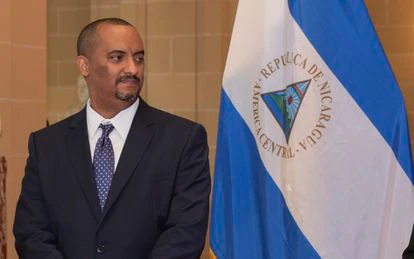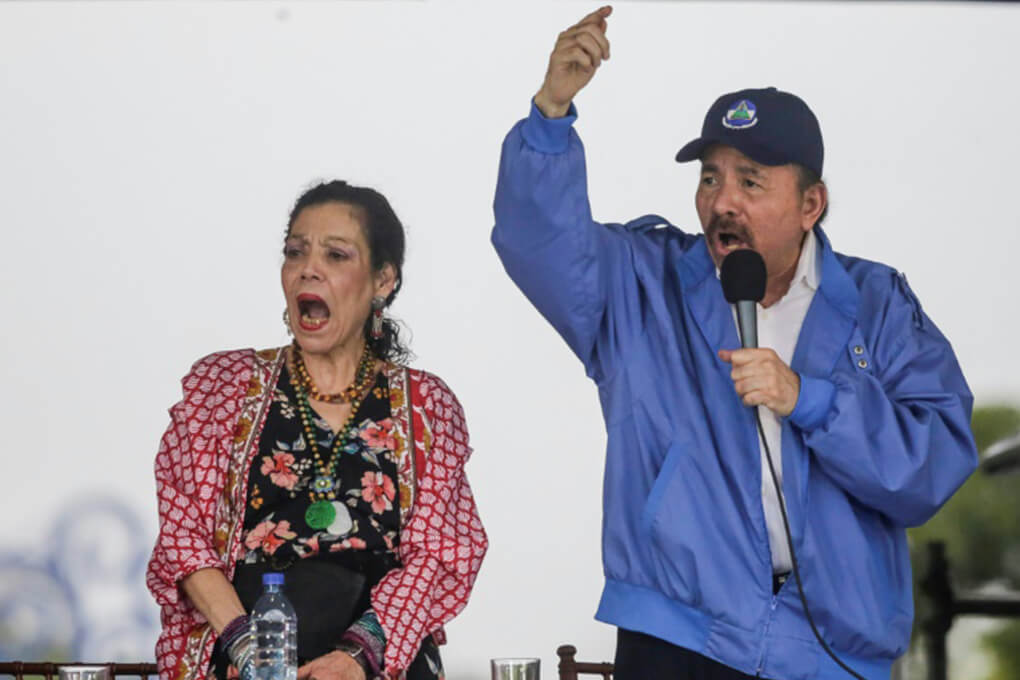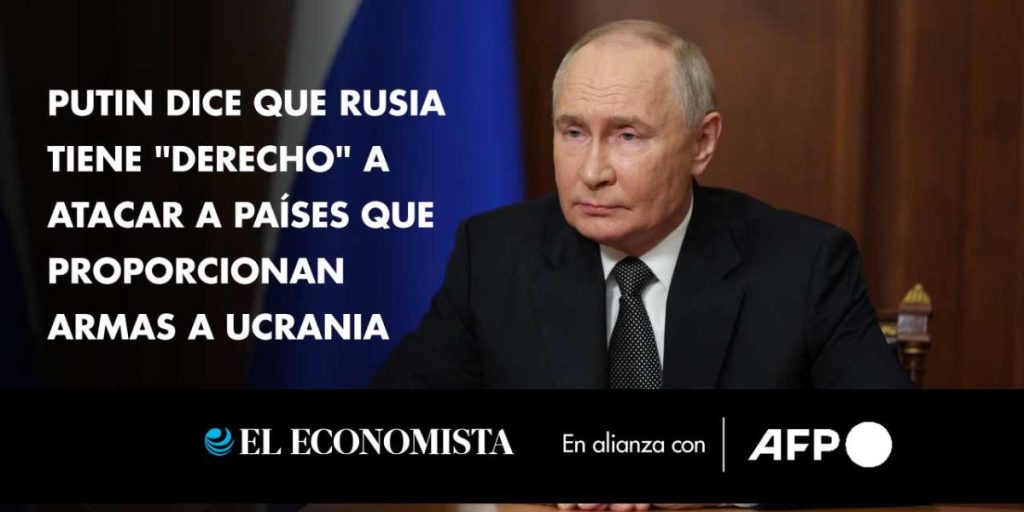The constitutional reform promoted by President Daniel Ortega in Nicaragua touches the core of the State by creating the figure of “co-president” for his wife Rosario Murillo, eliminating the independence of powers and political pluralism, and increasing social control.
Analysts critical of the government highlighted these points of the text on Thursday, which began to be studied on Wednesday by a Congress controlled by the ruling Sandinista National Liberation Front (FSLN, left).
Here are three keys that explain the magnitude of the amendment:
– The “succession” –
Former guerrilla commander Dora María Téllez, who was imprisoned and lives in exile in the United States, assured AFP that the reform “resolves” the succession with a first line that includes Murillo, who has always “ambitious” to be president.
Ortega governed in the 1980s after the triumph of the Sandinista revolution and returned to power in 2007, since when he has presided over the country after disputed re-elections. He is accused by his critics and opponents of establishing a “dictatorship” and “nepotism.”
The 79-year-old ex-guerrilla extended the influence of his family: he governs with his wife, who was first his spokesperson and since 2017 his vice president, but also with his children, who hold public positions and direct pro-government media.
“Daniel Ortega cedes total power to Rosario Murillo and retains the ability to appoint one of his sons as vice president,” Téllez said, noting that the co-presidents will now appoint that position, currently a popular election.

Laureano Ortega Murillo, 42, is the presidential advisor designated by opponents as the “dolphin.” This year his father gave him “full powers” to negotiate with China. “They can now put him in the line of succession,” Téllez said.
– A “new” State
Salvador Marenco, a Nicaraguan human rights lawyer exiled in Costa Rica, assured AFP that the reform reflects that the Constitution, to which Ortega has made more than a dozen reforms, was “dead” a while ago.
“Everything that is now in the reform is what, in fact, has been happening in Nicaragua: a de facto dictatorship. The new thing is that it will now be in the Constitution,” Téllez added.
Yader Morazán, a former Nicaraguan judicial official exiled in the United States, said that “the nation is being refounded” with “profound changes” in the “political and social organization.”
“With a stroke of a pen they establish in Nicaragua the North Korea of the Americas and make official the power of the co-dictator,” Morazán wrote on his account on the social network X.
Ortega, according to Marenco, “is reforming the State” because “the co-presidents will be directly those who coordinate all the other powers.” “There will be no separation of powers or political pluralism,” he added.
In the reform, Nicaragua is defined as a “revolutionary” and socialist State, and includes among its national symbols the red-and-black flag of the FSLN, a former guerrilla under whose leadership a popular insurrection overthrew the dictator Anastasio Somoza in 1979.
For Azahálea Solís, an expert in constitutional law, this leaves out political projects of other ideologies.
Likewise, the reform establishes control of society, not only of the press, Church and economic entities, but also makes official the dispossession of Nicaraguan nationality, as the government did with some 450 critics and opponents.
– The “Trump effect” –
Ortega welcomed the election day of November 5 in the United States, but so far he has not referred to the president-elect Donald Trump, whose future Secretary of State, Marco Rubio, will exert pressure, according to analysts, against Cuba, Venezuela and Nicaragua.
The reform “is a desperate act, a product of the Trump effect,” Arturo McFields, a former Ortega diplomat exiled in the United States, told AFP.
“Before the new president of the United States arrives in January, they want to protect themselves in some way and guarantee to remain in power at all costs with a new Constitution,” he added.

Along with the reform, Ortega also presented a law that imposes fines and suspension of operations on companies and banks that apply foreign sanctions, such as those imposed by Washington on state government officials and entities.
Lawyer and former deputy Eliseo Núñez believes that Ortega is preparing for a tightening of sanctions, by putting pressure on banks to intercede on his behalf and thus avoid an economic collapse and a greater flow of migrants.
If the United States “gives in,” it would be “facing the end of the effectiveness of the sanctions tool not only in Nicaragua but” in the world, he added.
















